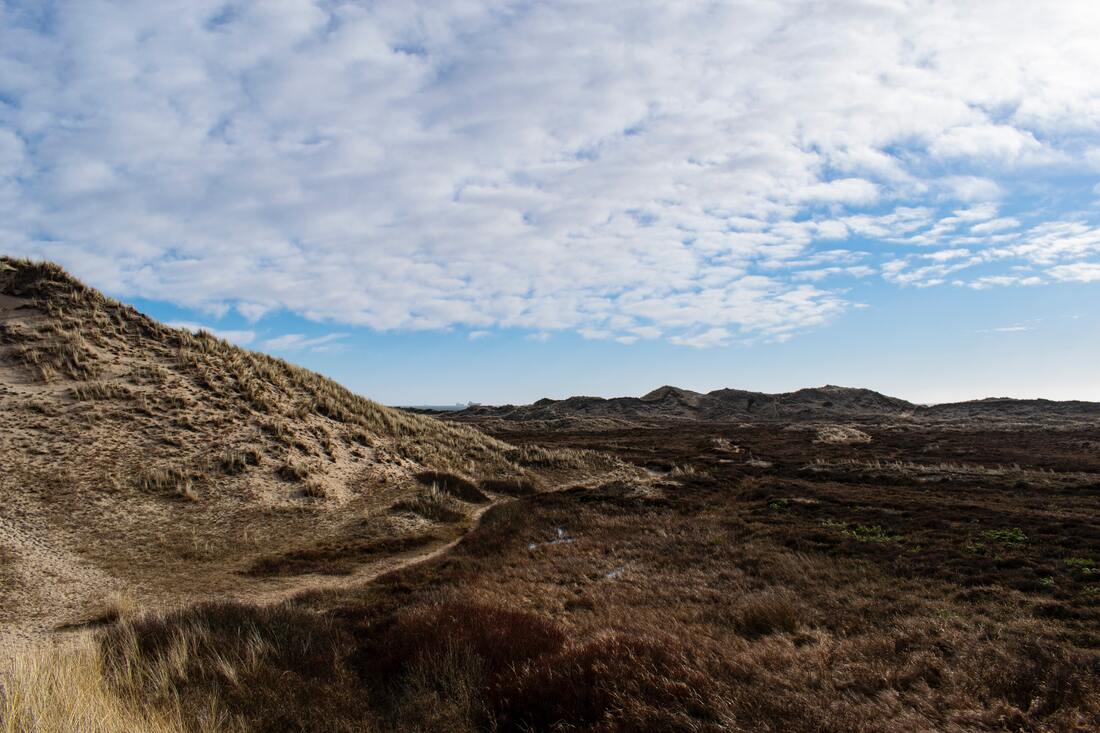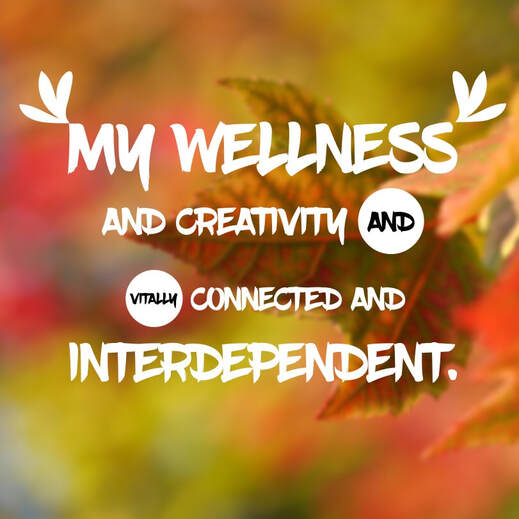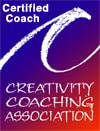 Photo by Zuzana Ruttkay on Unsplash Inspired by what has been in the sessions this week- please enjoy!: Creative People are Highly Sensitive PeopleHello, Creatives! The Summer has truly swept me away in the best possible way- the warm air, butterflies and lightening bugs, soft breezes, sounds of cicadas and frogs, and bright sun green through the filter of leafy trees have taken every moment I can spare- but it does feel good to take a moment to sit and write to you again. I am both excited about today’s topic and inspired by the sensory experiences of Summer- today we will discuss sensory sensitivity in Creative People (say that five times fast!) Counseling for Highly Sensitive PeopleLike many of the gifts that our creative personalities give us, this, too, is a gift with two faces. We have explored in blog posts past (or if you have been on the Creatively couches, in the workshops, or in the groups) ad nauseam about the Creative Person’s expanded emotional capacity. The new information: with expanded emotional capacity comes an expanded sensory capacity. These two things together are what allow you to tap into and translate your experiences into your art form. Usually your senses are especially sensitive in the same lane as your preferred artistic expression: dancers are kinetically and tactile-ly more sensitive, musicians auditorily more sensitive, photographers, graphic designers, illustrators, painters are visually more sensitive, chefs and culinary artists may be more sensitive to tastes and smells and so on. While specifically more sensitive in a specific area, you are in fact more sensitive in all 5 senses overall as a creative person, generally speaking. This is logical because this is where our emotional experiences also occur- in the body. We experience and sense the world around us very strongly therefore our real-time input channels are powerful. Irritability in Highly Sensitive PeopleThis means a couple of things for you, Creative. It means that you need to feed these channels in order to stay well. It means you need to be refueling your sensory channels often because your fuel tanks for these are necessarily bigger because your input levels are stronger, so your responsibility to keep those tanks full requires more regular work and attention (read: regular mindfulness practices and regular creative practices!!) It also means that when you are sensorily deprived, you will not feel well and you will notice. You will feel depressed, disconnected, low energy, like you aren’t experiencing life, poor self esteem, blocked from your creativity, and generally not like yourself (read: regular mindfulness practices and regular creative practices!!) The final thing it might mean is irritability. Let me explain: Attention and Investment in Highly Sensitive PeopleDo you ever notice it is really difficult for you to get pulled away from a task, project, experience or moment? This can be pathologized as something else, and maybe in your life it was. Imagine a person without what we are calling a creative personality, someone with normal levels of creativity (after all, all people are creative) looking at a beach scene. Imagine them connected to their experience by 2 hooks. The hooks represent how much attention is invested by absorbing the scene. Someone calls out to them for their attention, and it is fairly easy for them to disconnect from their experience. The same situation repeats for a creative person, except imagine this person is connected to their experience by 12 hooks. This is much more difficult for them to disconnect from. It requires more effort and strain and can generate irritability which might even be misdirected at the person calling to them. Overstimulation in Highly Sensitive PeopleLet’s imagine this same situation again, except now instead of hooks the creative person is holding a bucket, which is already full of water. The person without a creative personality is in the same situation with a bucket half full of water. The bucket of water represents how saturated the highly sensitive person is, sensorily, in their experience of the scene. Now imagine a lifeguard drives by on a loud ATV right in front of the scene. This adds 4 cups of water to each bucket. Non-creative personality’s bucket can withstand the volume. Creative person’s bucket overflows, again creating irritability. When you are more sensorily connected to your experiences as a creative person, added sensory information can more easily overwhelm and irritate you than a less creative person. Mindfulness for HSPsSo I said we would bring this back to mindfulness. After all, isn’t that what we are saying by default, that a creative person should also have an increased capacity for mindfulness tools? To be present? Ultimately, mindfulness is the perfect natural tool to harness this gift of increased sensitivity to our experiences, whether they are outside of us in the world, or inside of us in our feelings and reactions to the world. Mindfulness helps us with the element of choice when processing and receiving this information. Start your Mindfulness Program at Creatively, LLCIntrigued in learning more and jumpstarting your own creativity and mindfulness program? You can take one of these steps and begin today: 1) Book a Free Consultation. All new clients to Creatively, LLC are entitled to a 15 min, free consultation to sit with me and discuss your needs, services available, and we can problem solve and hand-pick best next steps to help you succeed. 2) Book a Coaching Package. Are you a working Creative in need of specific support? I offer a range of Coaching Packages- let's get started with one that is right for you. (c) 2019 Creatively, LLC, updated 01/31/2022
www.creativelyllc.com Comments are closed.
|
get more from The Creativity CoursesLiking educational topics and knowing what's hot in creativity? Creatively has online courses, with an interactive creative community, coaching sessions and more in the Creativity Courses. Want these blogposts in a newsletter? Subscribe here, and get a free gift. Cindy Cisnerosis a Creativity Coach, Creative Therapist and Professional Artist in Sykesville, Maryland. She is an expert straddling the realms of arts, creativity research, psychology, therapy, and coaching. She provides Online Creativity Counseling in Maryland and Virginia, and Online Creativity Coaching throughout the USA, Canada and the UK tailored for the discerning, imaginative, artistic, and neurodiverse. The information provided in this blog is from my own clinical experiences and training. It is intended to supplement your clinical care. Never make major life changes before consulting with your treatment team. If you are unsure of your safety or wellbeing, do not hesitate to get help immediately.
Archives
July 2024
|
|
Concierge Therapy for Creatives in Maryland
Creativity Coaching Worldwide including the USA, UK and Canada |
Telephone |
|


 RSS Feed
RSS Feed

